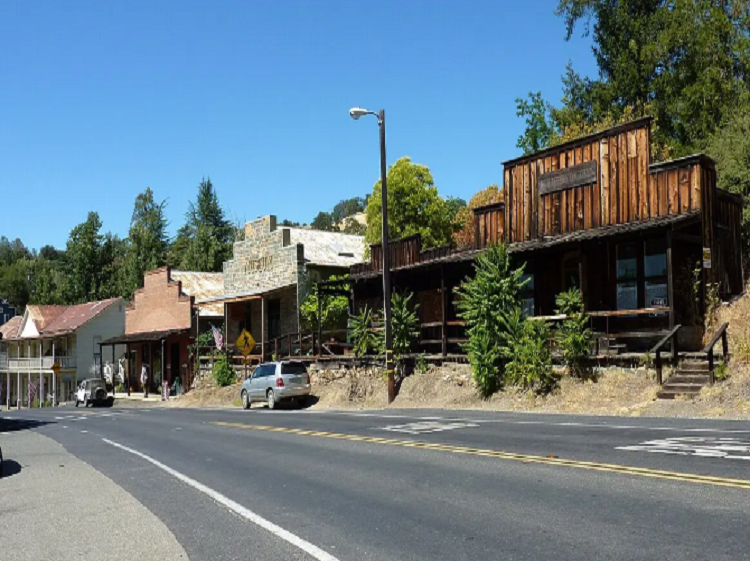The liquor licensing system in California is as different as the state itself. The California Department of Alcoholic Beverage Control (ABC) sets the rules for each county, although the licensing procedure might be quite different from one county to the next. Alpine County and Amador County are two areas that are getting more and more attention. Both have their distinct chances and problems for company owners who want to get Alpine liquor licenses or Amador liquor licenses.
Why entrepreneurs are flocking to Alpine County
Alpine County is the least populated county in California, yet it has a lot of promise for anyone who wants to start a boutique vineyard, artisan distillery, or other specialized beverage business. It might be easier to get alpine liquor licenses in this area since there is less competition and demand than in cities. But anyone who wants to get a license has to deal with zoning restrictions and community input procedures, which are quite strict in small towns.
In Alpine, there aren’t many licenses already out there; thus, each new license may be a valuable asset. Businesses that have alpine liquor permits get exclusivity and community involvement since local locals usually embrace new businesses that help the economy.
Looking at the market for Amador liquor licenses
Amador County is a rising center for tourist and commercial growth. It is noted for its rich Gold Rush heritage and wine culture. More and more people want Amador liquor licenses, particularly in places like Sutter Creek and Jackson, where new restaurants and tasting rooms are doing well.
People who want to get an Amador liquor license need to know about the several sorts of licenses that are available. For example, Type 41 is for beer and wine that may be consumed on the premises, and Type 47 is for general on-sale permits. Many businesses are getting their licenses early since Amador’s commercial growth is growing. They see them as long-term investments that might be worth a lot of money when they sell them.
Important Differences Between Amador and Alpine Licensing
Even though both counties follow the same state rules, getting Alpine liquor licenses and Amador liquor licenses is quite different in practice. Because Alpine is smaller, there is less bureaucratic delay, but there may be more community outreach and lengthier wait periods for final approval. Amador, on the other hand, has a more established business environment. It processes things faster, but there is greater rivalry for licenses.
Knowing these differences helps candidates focus their efforts in the right way. You should choose between Alpine liquor licenses and Amador liquor licenses based on your company model, where you want to be, and how big you want to become.
Business Owners’ Strategic Considerations
When selecting whether to apply for Alpine liquor licenses or Amador liquor licenses, business owners should think about both current demand and future growth potential. Alpine may be more appealing to those who want to be exclusive and have less competition, whereas Amador has better infrastructure and more tourists.
Also, it is important to do your homework. A consultant or lawyer who knows California’s ABC procedures may help you find problems early on and make sure that the license you choose fits with your company objectives. It’s important to make sure that your approach matches what people in the area want, whether you want to sell creative cocktails in a mountain town or pour regional wines in a historic downtown.
Conclusion
The market for liquor licenses in California is competitive, but knowing the ins and outs of Alpine liquor licenses and Amador liquor licenses provides you an advantage. Every country has its chances, and determining where your company fits best might make or break your success. Visit liquorlicensors.com for professional advice and information on licenses that are available in both areas. A well-timed application based on local knowledge may help your firm develop and make money over the long run.


